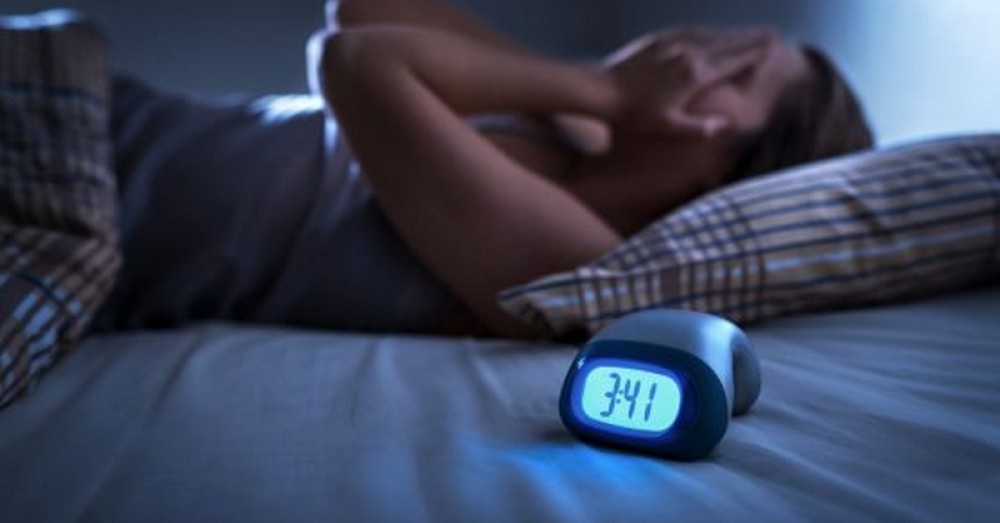The number of people around the world who suffer from a lack of sleep has been a concern for governments of every country for decades now. A lack of sleep impairs one’s ability to reason in a rational way and studies have found that our reasoning is at its worst when trying to justify the reduced number of hours we have slept. We don’t just get grumpy and difficult in the morning from too little sleep, our sex drive is affected, memory is reduced and even weight management becomes a lot harder.
Why We Need Sleep
During sleep, our bodies have a chance to restore and heal, build up energy for the next day and sort out our chemical balances. Waste management and toxin release are also better controlled while we are sleeping. Cognitive functions need sleep time to help strengthen neurological pathways. The central nervous system is severely affected by chronic insomnia and our immune systems become compromised very quickly without enough rest.
The Risks Of Sleep Deprivation
Nearly every aspect of healthy living requires a proper amount of sleep, not just dozing on the couch or a quick power nap in the employee lounge. We need serious sleep every night. Sleep affects two hormones in our bodies that have a huge influence on maintaining body weight. Leptin tells you when your belly is full and Ghrelin tells you when you’re hungry. Without good sleep, your body produces more ghrelin and as an appetite stimulant, it could explain midnight snacking and that sensation that you’re still hungry after a big meal. In fact, the entire endocrine system is affected by sleep. The growth hormone is continuously regulated by the pituitary gland and for children and adolescents, this is vital for the healthy development of muscle mass and for the repair of cells and growing tissue. Cardiovascular disease has also been linked to chronic sleeplessness. Although your heart never truly sleeps it does use sleep time to reduce inflammation in the blood vessels and lower blood pressure and blood sugar levels.
Good Sleep Hygiene
Establishing and maintaining a healthy sleep routine is a task that requires diligence and no small amount of patience. For most of us, the cure for being sleep deprived is to get more sleep, but it is all too easy to forget that there are people who struggle with disorders like sleep apnoea. When the airways of an individual become restricted during sleep and cause them to wake regularly, the aid of a device is required to help ease their breathing throughout the night. Going to bed at the same time every night and waking up at the same time every morning will help your body to establish a pattern of function. Avoiding stimulants like coffee and energy supplements several hours before slumber time, and contrarily getting all your exercise in at an earlier time of the day will also help your body know when it is time to start all the sleepy time activities.
Share This Post















